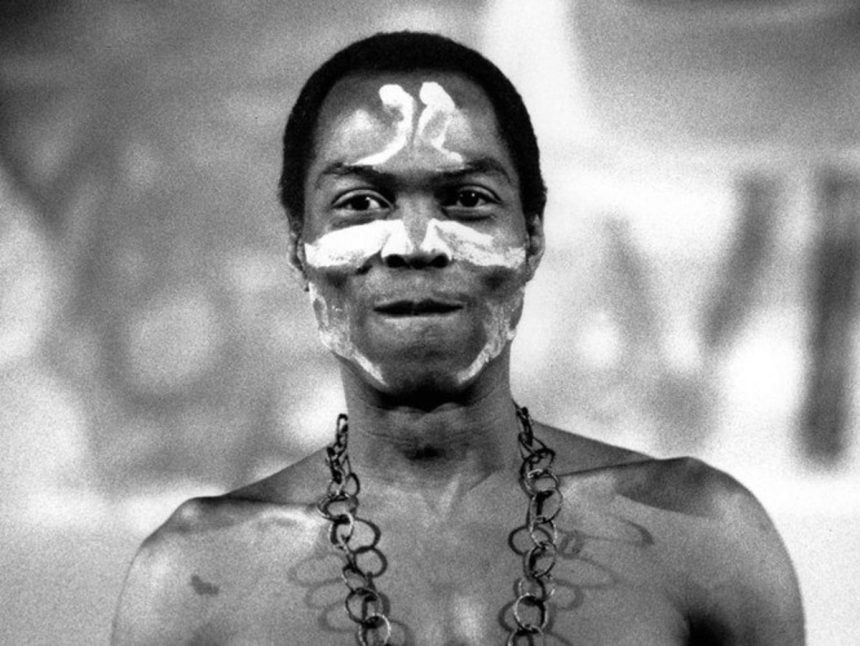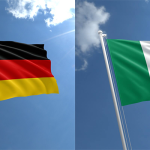Nigerian Afrobeat artiste, Omorinmade Anikulapo Kuti, popularly known as Made Kuti, has said his grandfather, legendary musician and activist Fela Anikulapo Kuti, died poor and broke.
Speaking on the Tea With Tay podcast hosted by Taymesan on August 2, Made reflected on the burden and privilege of bearing the Kuti name, the complexities of legacy, and the raw realities of his family’s musical dynasty.
“Music is one of the worst professions where nepotism can succeed, because it’s brutally honest. If you see me perform and it’s not good, you’ll know. You can’t fake it,” he said.
In a candid conversation about privilege, Made acknowledged that his surname has opened doors in the industry, but he maintained that authenticity and dedication to the craft remain essential.
“I would never say or deny the fact that I, as a Kuti, have opened a lot of doors for myself in the industry. A lot of musicians who discovered and pioneered original music didn’t come from privileged backgrounds.
“Punk, blues, jazz, rock music, even hip-hop, they came from struggle. People used art to evoke the trauma they were experiencing. Fela did that. Every time he was beaten, every time he was jailed, he came back with a stronger song. After they beat him, came Zombie, Suffering and Smiling. That was how he dealt with pain. That was his weapon.”
He went on to reveal that despite Fela’s powerful influence and message, he lived modestly and shared his earnings freely with others.
“He was broke. Fela died poor,” Made said. “He made the kind of money that could have bought a whole street. But when he came back from shows, he’d open a box of cash and say, ‘Anybody that needs, take.’ His house was an open house. Anybody could walk in.”
ALSO READ: VIDEO: Fela will deal with Buhari in afterlife – Seun Kuti
According to him, Fela’s egalitarianism extended to his parenting style in Kalakuta Republic, where his children were not permitted to address him with any title of respect.
“His children were not allowed to call him dad or father or any kind of honorific because he didn’t want any special treatment for them, because everybody was equal in Kalakuta. He didn’t like that, though. I think they lived it. I believe truly that my father and my aunt need therapy. They watched Fela rise, fall, and die without ever being treated differently.”
Although Fela gained immense international respect, Made recalled that the pioneer of Afrobeat was largely disregarded in Nigeria in the period leading to his death.
“By ’96, ’97, people weren’t speaking positively about him anymore. His popularity had faded in the media and public opinion,” he said.
“They took him to Tafawa Balewa Square and were told, ‘Nobody’s coming.’ Then millions showed up. They carried him back to Kalakuta. It was aired on TV.”
ALSO READ TOP STORIES FROM NIGERIAN TRIBUNE
WATCH TOP VIDEOS FROM NIGERIAN TRIBUNE TV
- Let’s Talk About SELF-AWARENESS
- Is Your Confidence Mistaken for Pride? Let’s talk about it
- Is Etiquette About Perfection…Or Just Not Being Rude?
- Top Psychologist Reveal 3 Signs You’re Struggling With Imposter Syndrome
- Do You Pick Up Work-Related Calls at Midnight or Never? Let’s Talk About Boundaries






